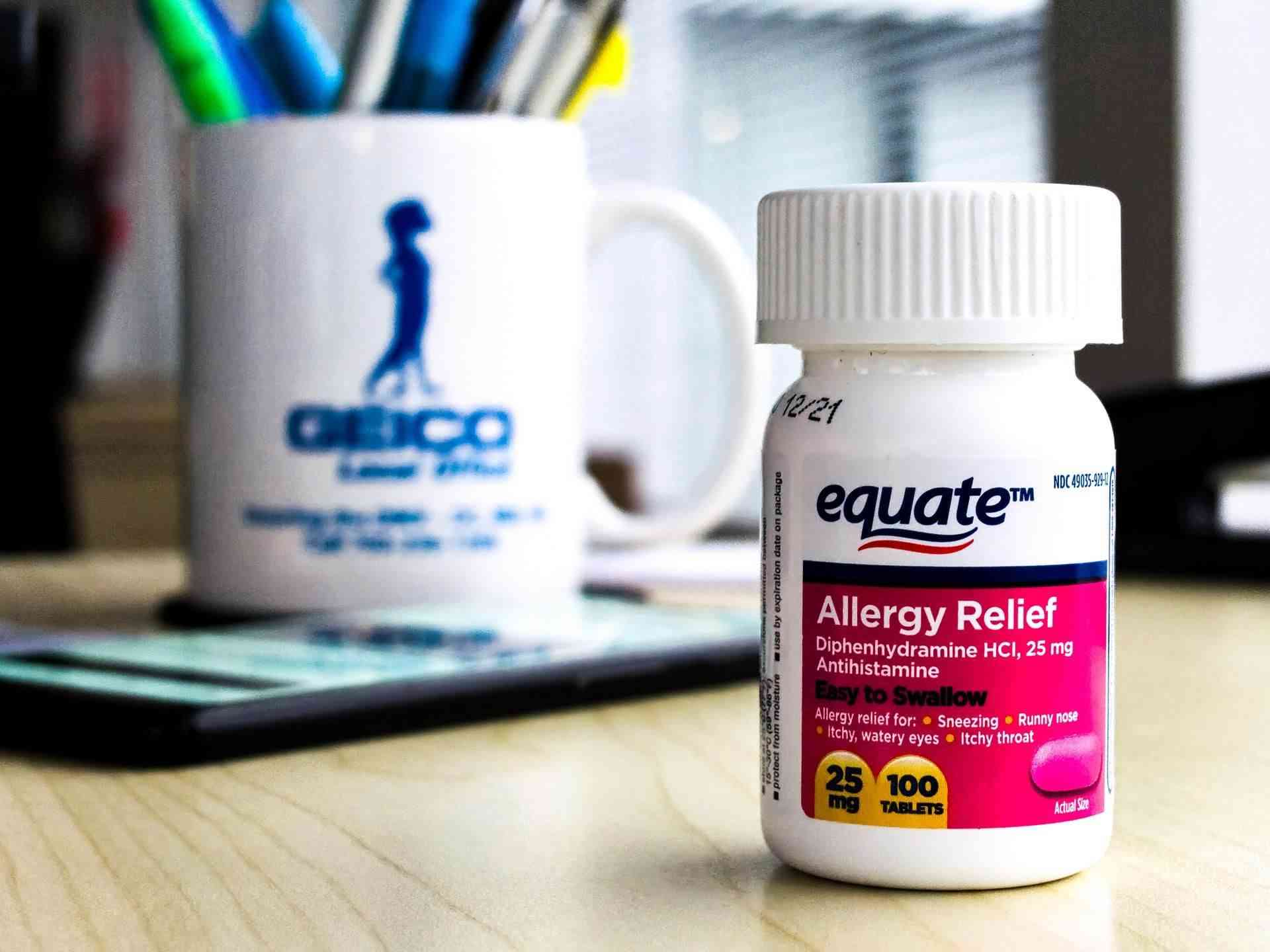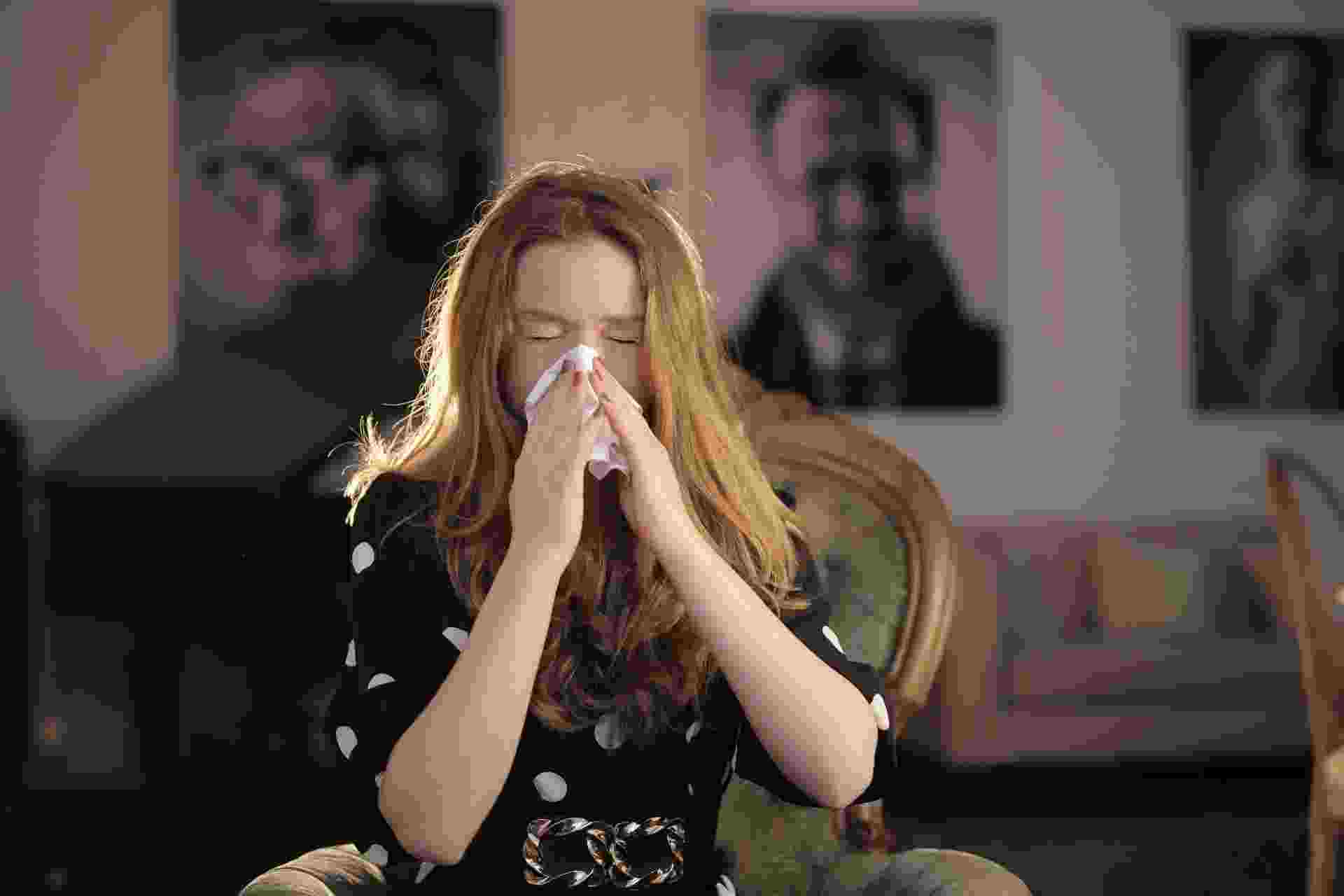Your body started itching after having your favorite meal? Can’t stop sneezing after coming back from your garden in the backyard? Chances are, you have developed an allergy. Allergy is a very common health problem a lot of us face in their lifetime. According to the American Academy of Allergy, Asthma & Immunology (AAAAI), roughly 10% to 30% of the world's population suffers from allergy.
Allergy is a type of immune response. It can be defined as hypersensitivity of our immune system. If any foreign object enters our body from outside, our immune system will try to eliminate it. These foreign objects can be virus, bacteria, fur, pollen or metal particles. To eliminate those foreign bodies, the immune system deploys some complex mechanisms. This deployment of several mechanisms is called immune response. Antibodies are formed as a result of the immune response. And the foreign particles are called “Antigen.” If something not harmful to our body provokes immune response, they are called an “allergen.” Food, pollen, drug, dust are some of the few allergens we face every day. The mechanism of developing allergy is called ”Sensitization.”
Let’s take a more in-depth look at how allergic reaction occurs ( Don’t worry if you’re not a biology nerd, we will only cover the basics ).
Whenever an allergen enters the body, the antigen-presenting cells bring those allergens to other immune cells.
Immune Cells
These are the cells in our body that took an oath of saving us from potential disease and other health conditions by killing anything that may cause harm. Once the antigen-presenting cells bring the foreign particles to other immune cells, a specific immune cell called “B Cell” produces a type of Immunoglobin called Immunoglobin E, IgE for short. Immunoglobins are a type of blood protein that helps other immune cells fight pathogens. Once IgE is released in the blood, they attach to mast cells, a type of immune cell of our tissues. This attachment activates mast cells. Then mast cells release many type of inflammatory compounds such as histamine, cytokine etc. Once these chemical compounds are released, allergic symptoms start to appear such as red skin, rash, sneezing, watery eyes etc.
Usually, allergies get better with time, but sometimes it doesn’t. In that case, seeking proper medical attention is necessary. Doctors usually prescribe antihistamines as a remedy for allergic symptoms.

Also, there is a type of allergic reaction that can cause severe problems within a few seconds of exposure to allergens. It is called anaphylaxis. It occurs so quickly and may even be fatal. So it is a good practice to keep emergency numbers (911 anyone?) handy.
Staying away from dust, wearing a mask in public places, being careful with what you eat can help you avoid allergies. So always be cautious with your food habit and your surroundings.
Sources:
- Allergy Overview. Retrieved from https://www.mayoclinic.org/diseases-conditions/allergies/symptoms-causes/syc-20351497 on 04/11/2020
- Allergies Overview. Retrieved from https://www.ncbi.nlm.nih.gov/books/NBK447112/ on 04/11/2020


